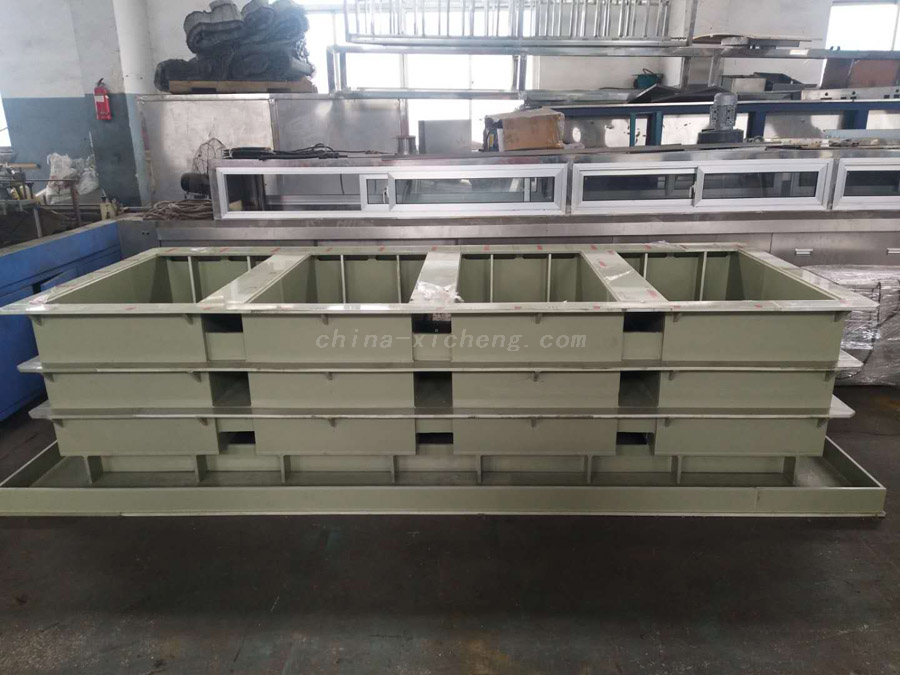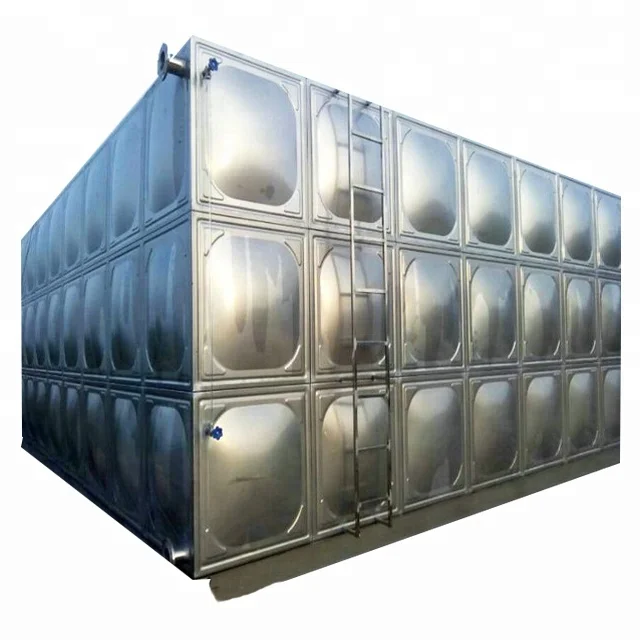- All
- Product Name
- Product Keyword
- Product Model
- Product Summary
- Product Description
- Multi Field Search
Views: 10 Author: Xicheng EP LTD Publish Time: 2023-03-24 Origin: Xicheng EP LTD
Pickling tanks are essential equipment in various industrial processes, particularly in the chemical, pharmaceutical, and food processing industries. These tanks are used to remove surface impurities or rust from metal parts or products by immersing them in an acidic solution. Choosing the right pickling tank is crucial to ensure the efficiency and effectiveness of the pickling process.
There are several factors to consider when choosing a pickling tank, including the type of material used in the construction of the tank.

Pickling tanks and their advantages and disadvantages
Stainless Steel
Stainless steel is the most popular material used in the construction of pickling tanks. It is durable, corrosion-resistant, and easy to clean, making it ideal for use in harsh environments. Stainless steel is also highly resistant to acid attacks and is suitable for use with a wide range of pickling solutions.

Advantages:
Durable and long-lasting
Resistant to corrosion and acid attacks
Easy to clean and maintain
Suitable for use with a wide range of pickling solutions
Disadvantages:
Expensive compared to other materials
Can be prone to welding cracks
Heavier than other materials
Polypropylene
Polypropylene is a thermoplastic polymer that is highly resistant to chemical corrosion, making it ideal for use in pickling tanks. It is also lightweight and easy to fabricate, making it a popular choice for custom-designed tanks.
Advantages:
Highly resistant to chemical corrosion
Lightweight and easy to fabricate
Suitable for use with a wide range of pickling solutions
Resistant to high temperatures
Disadvantages:
Prone to cracking under stress
Can become brittle over time
Not suitable for use with some highly concentrated acids
PVC
PVC (Polyvinyl Chloride) is a synthetic plastic polymer that is highly resistant to chemical corrosion. It is also lightweight and easy to fabricate, making it a popular choice for pickling tanks.

Advantages:
Highly resistant to chemical corrosion
Lightweight and easy to fabricate
Suitable for use with a wide range of pickling solutions
Disadvantages:
Prone to cracking under stress
Can become brittle over time
Not suitable for use with some highly concentrated acids
Fiberglass Reinforced Plastic (FRP)
FRP is a composite material made of a combination of fiberglass and resin. It is highly resistant to corrosion and is ideal for use in harsh environments. FRP is also lightweight and easy to fabricate, making it a popular choice for custom-designed tanks.

Advantages:
Highly resistant to corrosion
Lightweight and easy to fabricate
Suitable for use with a wide range of pickling solutions
Resistant to high temperatures
Disadvantages:
Prone to cracking under stress
Can be expensive compared to other materials
Not suitable for use with some highly concentrated acids
When choosing a pickling tank, it is important to consider the specific needs of the process and the environment in which it will be used. Other factors to consider include the size of the tank, the thickness of the material used, and the type of pickling solution being used.
In conclusion, the material used in the construction of a pickling tank plays a crucial role in its performance and effectiveness. Stainless steel, polypropylene, PVC, and FRP are some of the most common materials used in pickling tanks, each with its advantages and disadvantages. By considering the specific needs of the process and the environment in which it will be used, the right pickling tank can be chosen to ensure the efficiency and effectiveness of the pickling process.
| | N0.34 Zhenxing Road (Shengtaian Heavy Industrial Park B), Loucun, Guangming New Dist, Shenzhen, Guangdong, China |
| | +86 18028775826 |
| | Leyte@china-xicheng.com |